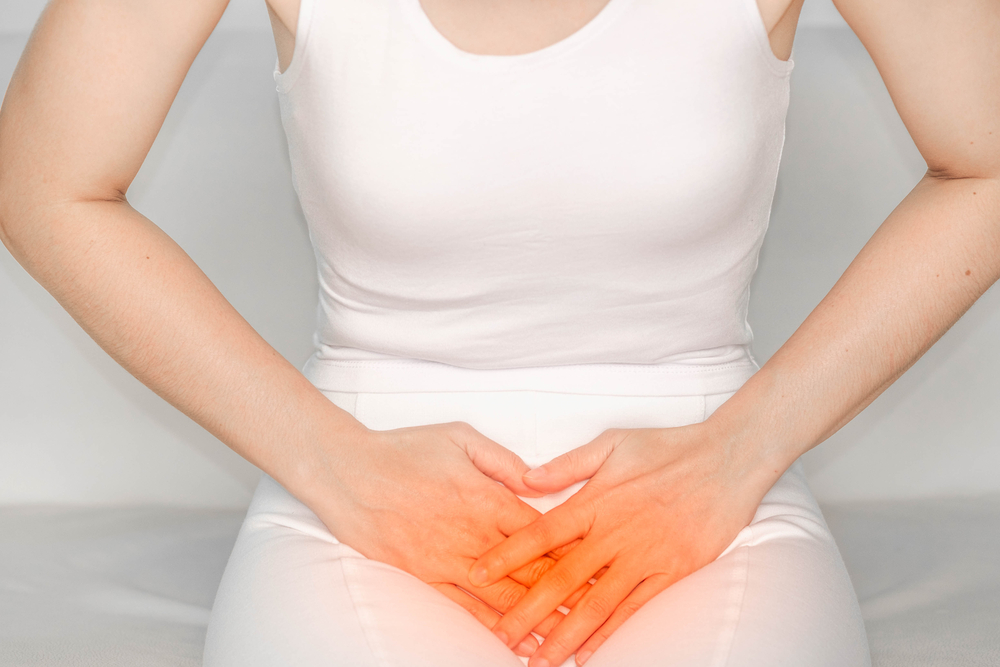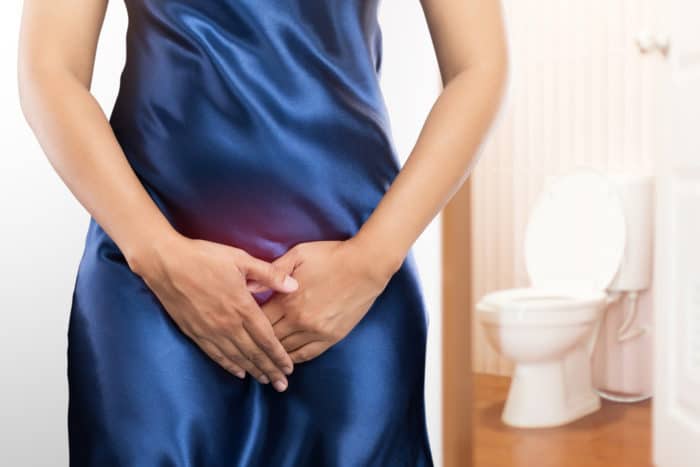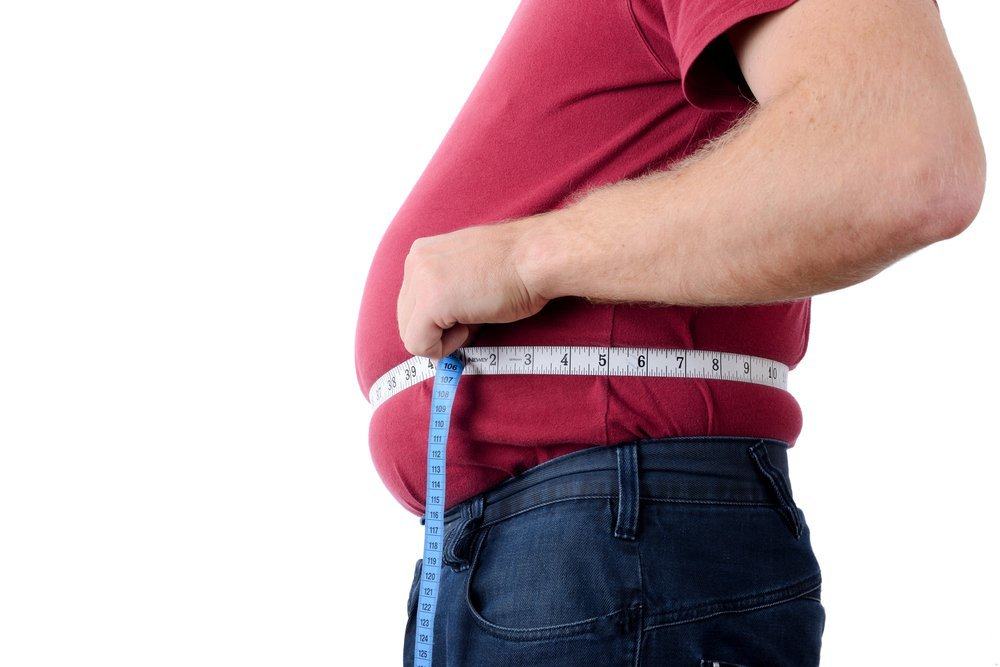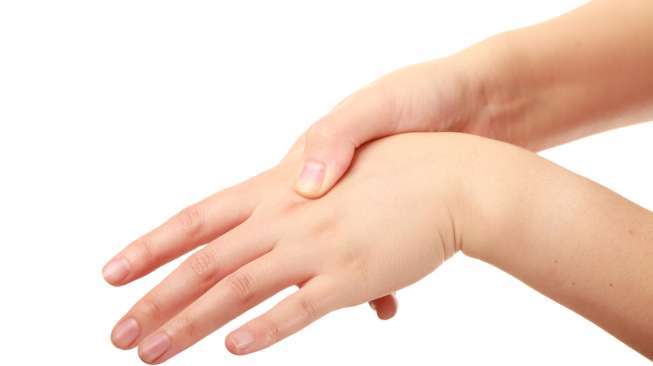Contents:
- Medical Video: Cystoscopy (Bladder Endoscopy)
- What are the causes of bladder polyps?
- Who is most at risk of developing bladder polyps?
- What are the signs and symptoms of bladder polyps?
- How do doctors detect polyps in the bladder?
- Treatment and treatment of polyps in the bladder
Medical Video: Cystoscopy (Bladder Endoscopy)
The bladder is a place to store urine before finally being removed from the body every time you urinate. Having a problem with your bladder can inhibit its function to get rid of urine. One of the most likely problems that arises is bladder polyps.
What are the causes of bladder polyps?
A polyp is a network of soft meat that grows in places that are not supposed to. Polyps can grow anywhere on the body, not least in the bladder.
This growing meat is not a cancer cell, so it is generally harmless and will not spread to other body parts. Even so, there are a few cases of bladder polyps that can develop into cancer and spread (metastasis).
Until now it is not known exactly what causes polyps that grow in the bladder.
Who is most at risk of developing bladder polyps?
Polyps can be experienced by anyone. But a person's risk of developing bladder polyps can increase with age. Especially if you are a man and active smoker.
Not only that, exposure to chemicals from the environment with bladder infections can also increase your risk of bladder polyps.
What are the signs and symptoms of bladder polyps?
Small polyps usually don't cause any symptoms so people don't realize they have them. If the polyps get bigger, symptoms usually appear, such as:
- More frequent urination.
- Urine bleeding.
- Pain when urinating.
- Stomach ache.
If you experience one or more of the above symptoms without other signs, you should not underestimate them. This can indicate a problem with your bladder.
How do doctors detect polyps in the bladder?
Polyps in the bladder are not always dangerous, but in certain cases that have severe polyps can spread to other organs if not treated immediately.
Polyps generally also do not cause typical symptoms, making it difficult to detect. Doctors generally will first check your current health condition and ask about your medical history. If your doctor suspects your symptoms are leading to the growth of polyps and not because of other diseases, he will refer you to a urologist to ensure a more accurate diagnosis.
The diagnosis of bladder polyps by a urologist is usually done through a photocopy test. The doctor will insert a thin tube hose with a camera and flashlight into your bladder to check the condition of the inner tissue. At the same time, the doctor may also do a biopsy to take tissue samples.
In addition to photocopying, some of these methods can also be used to diagnose bladder polyps:
- A urine test to determine whether there is a bacterium that can develop into an infection.
- Urine cytology. The procedure is the same as a urine test, but the goal is to make sure there are no cancer cells growing inside the bladder.
- MRI and CT Scan, to see if the growth of polyps has spread to other organs.
Treatment and treatment of polyps in the bladder
Polyp treatment will depend on the cause and type of polyp. If the polyp does not cause symptoms and is certainly not a cancer cell, you really don't need any medical treatment. But you should keep regular health control to the doctor.
However, polyps that are classified as dangerous even thought to trigger cancer must be removed surgically. Surgical removal of the polyp is called transurethral bladder resection (TURBT).
When polyps that grow are cancerous and have spread to other organs, the doctor may perform a cystectomy procedure to remove abnormally grown tissue in any part of the body. This procedure may remove some or all of your bladder, along with other organs that are also overgrown with abnormal cells.














